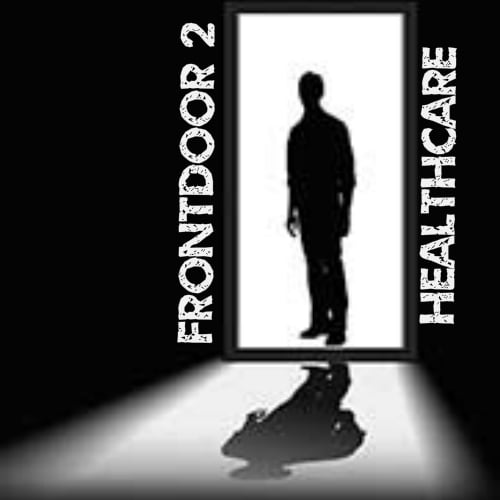Remember back in the days when patients were constantly reminded to turn off their analog cell phones while in the hospital or the doctor’s office? The reasons given at that time were mostly related to possible interference with medical equipment, contribution to a noisy and disrespectful environment, and patient privacy issues.
Today, advanced smartphones and portable tablets have become so ubiquitous, it is not uncommon to see patients (and healthcare workers alike!) constantly using their portable devices throughout the hospital. We have gradually softened our stance against the use of cellular devices – but are there new issues that we have failed to address adequately?
While we now know that the majority of cellular and wireless transmission from smartphones interfere only with the most sensitive of medical equipment, issues related to noise, respect, and patient privacy is arguably even more concerning in today’s world of hospital overcrowding and expanded smartphone capabilities. A quick stroll through your local ER on a busy day and you’ll see patients sitting shoulder-to-shoulder in a packed waiting room; hospital stretchers being placed within earshot of one another, separated by thin curtains; and patients being shuffled from one treatment area to another in a constant effort to maximize efficient flow. Taking pictures or videos with a smartphone in such an environment will inevitably capture unknowing patients and healthcare providers alike – even though the intent may be innocent enough, are individual rights to privacy and confidentiality being violated?
Unfortunately, it seems our current legal system has yet to catch up to the rapid evolution of smartphone capabilities. There is very little guidance on what the legal limits are on using recording devices (pictures, audio, video, or otherwise) in the setting of healthcare delivery. This is reflected in the widely variable hospital policies currently being revamped across the country; have a look at this Canadian environmental scan published in 2011. Most hospitals seem to stay away from outright banning the use of such devices, and instead focus on vague guidelines around “respectful” usage…whatever that means. None appear to address actual medico-legal implications.
And this is concerning, given the emerging trend of secret recordings in the healthcare setting. Hidden cameras in a clock? Secret camera lens instead of eyes on a teddy bear? What has our doctor-patient relationship evolved into?
One can easily imagine the potentially dark ethical and medico-legal waters we are wading into. Imagine a patient who secretly records a doctor’s visit, to be used in filing a complaint if an adverse event occurs down the line. Or a physician secretly recording an interview with a patient who is severely depressed/psychotic. Or a family member who is visiting at the hospital, and records an interaction happening beyond the curtain at the next bed. When does one have to ask permission? Can any of it be actually used in a court case?
The biggest issue I have with this lies in the secretive part. If a healthcare professional, patient, or family member makes a conscious decision to secretly record an interaction, in my mind that immediately voids the crucial components of a functional doctor-patient relationship: trust & confidentiality. One might as well stop there and seek alternative care, or refer to another provider.
Until we have further guidance from the courts and concrete hospital policies, it is an unfortunate fact that we have to proceed assuming that it is possible that someone, somewhere, might be videotaping or recording our words, actions, and mannerisms … and likely out of context. How this will affect quality of care and the working relationships between patients and healthcare providers remains to be seen.
I am curious to know what you think of smartphone use in the healthcare setting. As a patient, is this a potentially empowering tool? And for those of you who are providers, would you mind having your patient interactions recorded? How does this affect the way you deliver your care?

